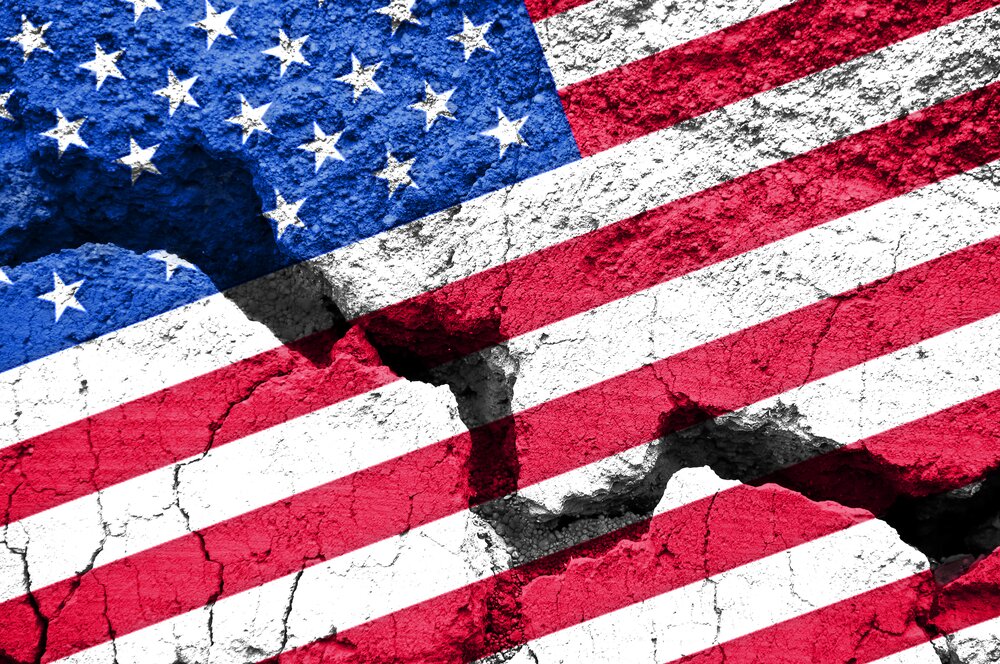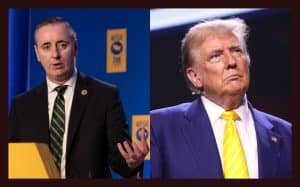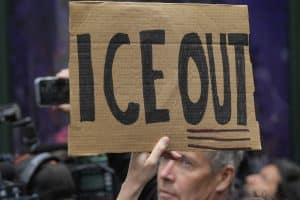Supporters of tax cuts for the wealthy have long claimed that they lead to economic growth. The evidence is in: They don’t. High-end tax cuts have failed to meaningfully grow our economy, but they do grow our divides — economic and political.
Over the past four decades, repeated reductions in the average federal tax rates paid by the wealthiest Americans have contributed significantly to rising income inequality. These tax cuts disproportionately benefit the richest individuals, increase the cost of the federal debt, and leave less revenue for public programs that could support hundreds of millions of Americans.
And that hurts our democracy, too.
When they pay less in taxes, wealthy individuals and corporations have more to spend on flexing their political power, influencing elections through campaign contributions and policy decisions by lobbying. This concentration of power allows a small elite to shape policies in their favor while sidelining the broader public interest.
Unsurprisingly, this inequality also fosters social division. As wealth becomes increasingly concentrated, public trust in government erodes and social cohesion weakens. People may feel disenfranchised and alienated, perceiving that the system is rigged against them. This can lead to increased polarization and conflict.
The research bears this out. While the relationship is complex, evidence suggests that growing income inequality has intensified our political polarization, partly by aligning political parties with bases whose economic interests may seem to diverge more and more. And this is a worldwide problem, with a similar trend appearing in recent European elections as well.
Next year, when some of the Trump tax cuts for the wealthiest Americans begin to expire, we’ll have an opportunity to start building a more equitable system where all of us pay our fair share.
A more equitable tax system could strengthen our democracy by ensuring that all citizens have a fair stake in our prosperity. What, after all, is the working class or middle class’s interest in economic growth if living standards rise only for those who are already the best off?
Progressive taxation — requiring the wealthiest to pay higher rates than the poorest — can help push back on these harmful divides and help fund essential public services like caregiving, education, and health care that benefit everyone. By reducing inequality, we can foster a more inclusive society where citizens feel invested in our democracy.
READ: The U.S. Needs a ‘Robin Hood Tax’
While tax cuts for the rich come with promises of economic benefits, they consistently fail to deliver anything but deeper economic inequality and division. A fairer tax system is crucial for both the shared economic prosperity and the responsive democracy all Americans deserve.
This op-ed was distributed by OtherWords.org.






